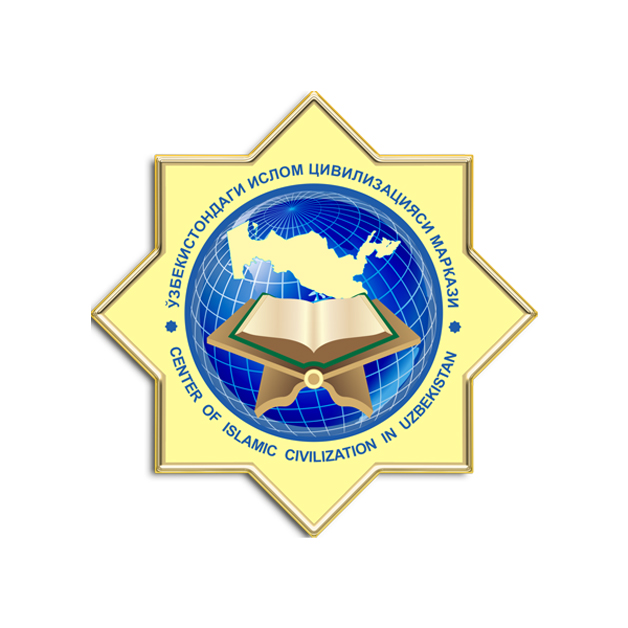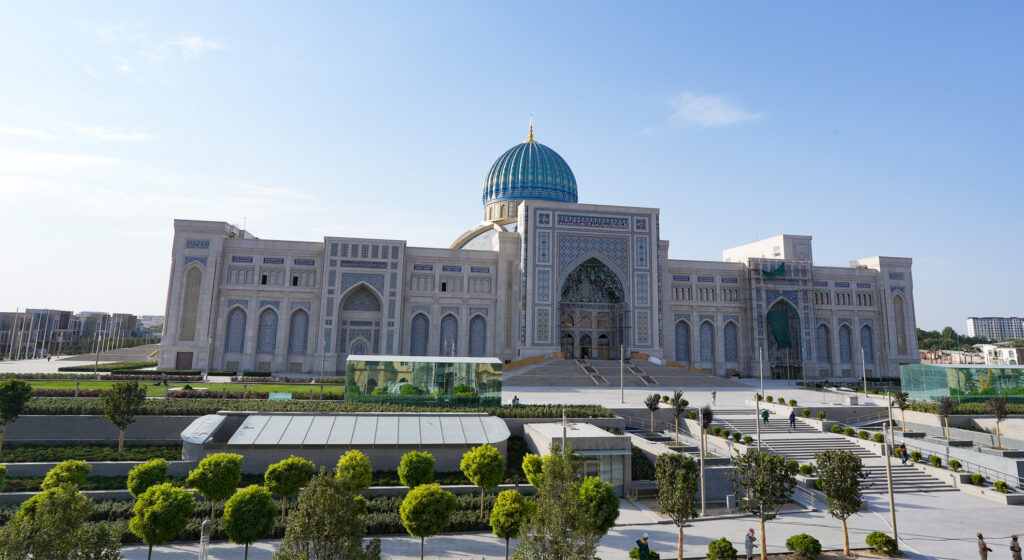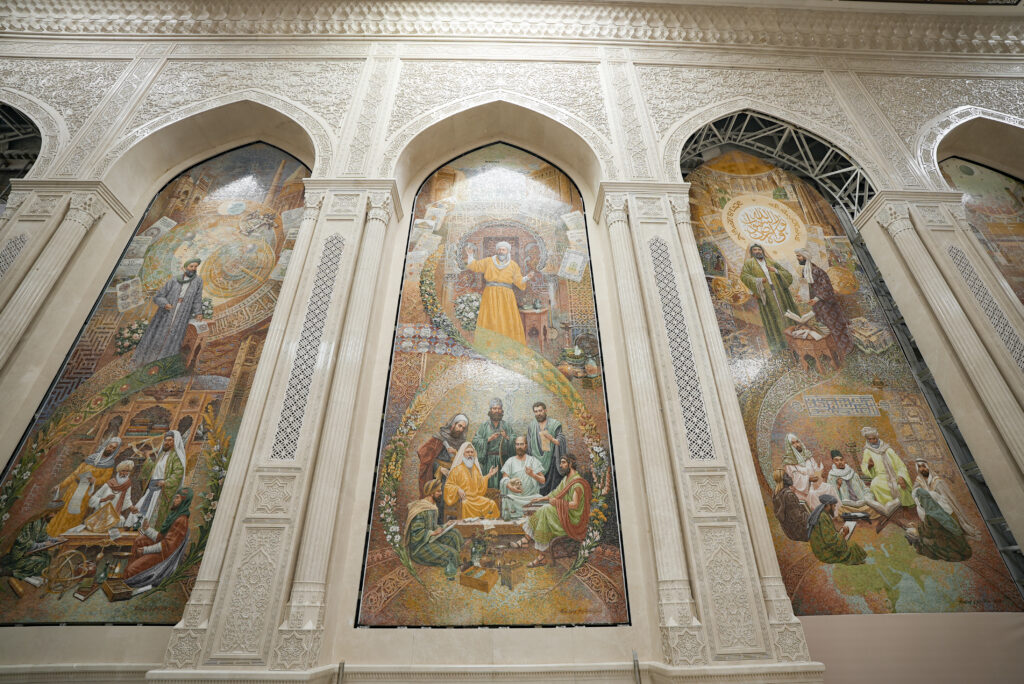With the participation of the Academy of Sciences, the Center for Islamic Civilization is becoming an important element of Uzbekistan’s intellectual revival — a space of culture, education and scientific inquiry.
In Tashkent, in halls where ancient manuscripts coexist with modern laboratories, Uzbekistan is writing a new cultural chapter in its history. A key role in this process is being played by the Academy of Sciences of the Republic of Uzbekistan, an institution that has not only stood the test of time but today also shapes a future in which science and spiritual heritage go hand in hand.
Founded in 1943 during the Soviet period, the Academy has long served as a cornerstone of the country’s scientific infrastructure. However, as its current president, mathematician Ayupov Shavkat Abdullayevich, emphasizes, the last few years have been a time of profound transformation.
“Since 2017, we have witnessed a renaissance of both science and spiritual growth,” he notes. “The Academy of Sciences plays a key role in this new era.”
The Center for Islamic Civilization
One of the most vivid manifestations of this new course has been the active involvement of the Academy of Sciences in creating the Center for Islamic Civilization in Uzbekistan. The Center is not just a museum or religious archive, but rather a bold, multidimensional platform combining scientific research, education and cultural diplomacy. This project also reflects the Academy’s expanding mission — not only to generate knowledge, but also to strengthen Uzbekistan’s identity within the global intellectual and cultural context.
The Academy’s collaboration with the Center for Islamic Civilization is both fundamental and strategic. It helps shape the Center’s development as a scientific and educational institution, participating in the design of exhibition concepts and the setting of scientific priorities.
A New Mission
This partnership highlights a broader transformation of the Academy — from a traditional research institution to a dynamic force driving national progress. This new phase of scientific and cultural revival has received strong support from the country’s President, Sh.M. Mirziyoyev, whose initiatives since 2017 have launched major reforms in both the scientific and spiritual spheres.
Since then, the Academy has been pursuing a dual mission: developing core scientific disciplines while simultaneously addressing pressing societal challenges — such as energy security, public health and environmental sustainability — through applied research. In parallel, active efforts are underway to nurture a new generation of scientists, expand international cooperation and integrate digital technologies into scientific activity.
Honoring Islamic Heritage
This spirit is fully embodied in the work of the Center for Islamic Civilization. Its goal is to raise public understanding of Islam not only as a religion, but as a historical driver of science, tolerance and progress. Through the lens of Uzbekistan’s great thinkers — such as Al-Khwarizmi, Al-Farghani, Ibn Sina and Al-Biruni — the Center will explore the contributions of Islamic civilization to medicine, astronomy, mathematics and philosophy. As a partner, the Academy of Sciences ensures these legacies are interpreted not only with reverence but also with scientific rigor.
The Center’s mission spans scientific, educational and cultural spheres. Interdisciplinary research will bring together historians, philologists, theologians and natural scientists. Educational programs will include in-person and online courses in several languages, while museum halls will showcase artifacts collected from across the Islamic world, including manuscripts from the Sotheby’s and Christie’s collections. The central exhibit will be the Qur’an Hall, displaying ancient manuscripts, including the Mushaf of Uthman — an enduring symbol of Islam’s literary and spiritual legacy.
Expanding International Cooperation
On the international stage, the Center for Islamic Civilization, supported by the Academy of Sciences, already has attracted attention and become a platform for collaboration. Memorandums of understanding have been signed with leading institutions in Egypt, Malaysia, Morocco and Saudi Arabia. UNESCO and other international organizations are also involved in the project.
“The Center is becoming an important platform for international dialogue, uniting scholars, researchers and cultural institutions around the world to uncover the fundamental essence of Islamic civilization,” explains Ayupov.
Dialogue for the Future
Beyond exhibitions and international agreements, the Center seeks to foster dialogue — interfaith, intercultural and intergenerational. As Uzbekistan prepares for its “Third Renaissance,” the Academy of Sciences and the Center for Islamic Civilization are not merely preserving the past — they are shaping a vision of the future in which Uzbekistan once again becomes a crossroads of science and civilization.
Ayupov echoed the words of President Mirziyoyev:
“Everyone who visits this Center should clearly see history and understand that Islam is, above all, a religion of peace, progress and tolerance, and that the Uzbek people have made a great contribution to world civilization.”
Learn more about Academy of Sciences of the Republic of Uzbekistan at cisc.uz.





















